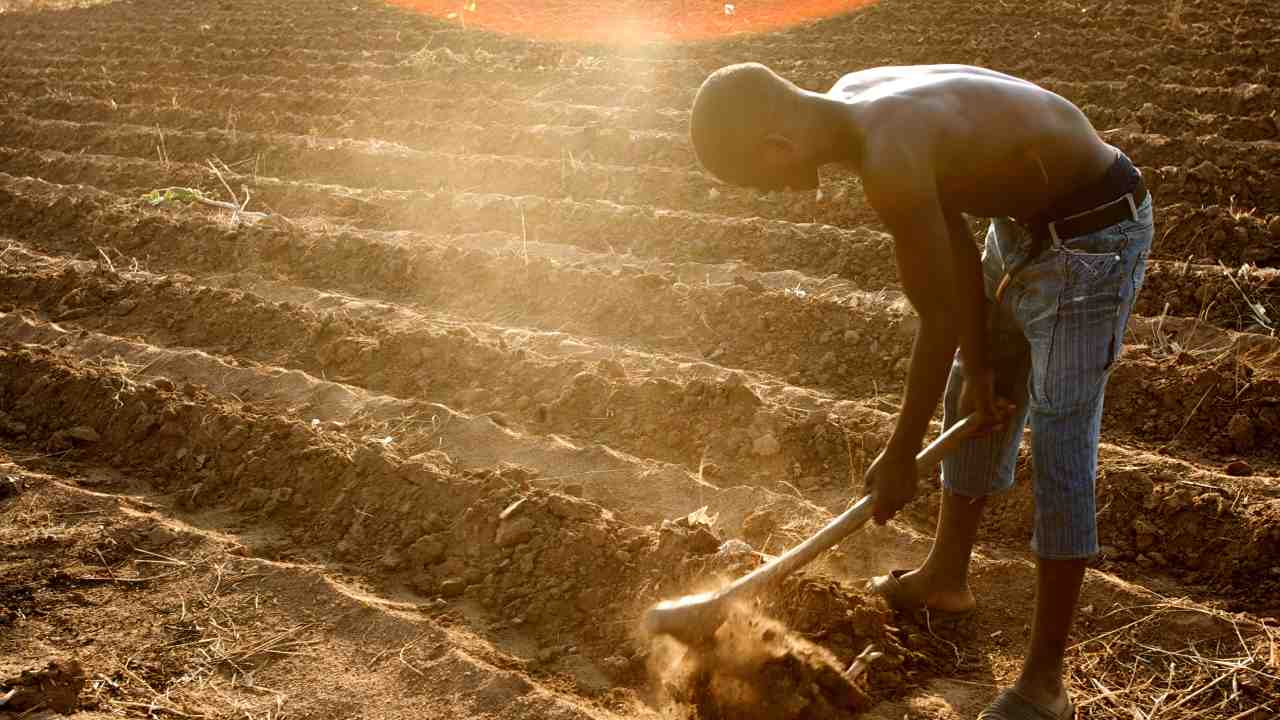Food security has become a major concern for governments in Asia-Pacific as the Russia-Ukraine military conflict disrupts the supply and raises the cost of agricultural products, especially cereals and vegetable oils, as well as fertilizers and other agricultural inputs, a report brought out by Moody’s investor services has said.
Harvests this year in some of the region’s major producers will also be hit by other developments, for instance, heat waves in India. These factors are compounding the pressures arising from Russia’s invasion of Ukraine.
Asia-Pacific has less direct exposure to food supplies from Russia and Ukraine than other regions, such as the Middle East and Africa, particularly to supplies of wheat. Cereal importers within the region usually rely on close neighbor’s who are exporters of key cereal crops. In terms of rice, India and Pakistan are the main exporters in South Asia while Thailand and Vietnam are the largest exporters of rice in Southeast Asia. For wheat, Kazakhstan and Russia are major suppliers for Central Asia, while the Pacific region relies on Australia.
Nonetheless, the region is not immune to global price shocks. Countries with high energy and food weights within their Consumer Price Index (CPI) baskets, such as the Philippines, India, Thailand, and Vietnam, are particularly vulnerable to food and energy inflation.
Food importers’ current account balances will also deteriorate if food prices remain elevated. Net food import dependence in key cereals consumed in Asia, such as rice and wheat, is high in the Philippines as indicated by its trade deficits. China’s and India’s net agriculture trade balances in these cereal crops are not in deficit, indicating some degree of self-sufficiency.
Meanwhile, Australia and Thailand are large net agriculture exporters in wheat and rice respectively, as indicated by respective trade surpluses and so should be more insulated from global price shocks.
Major food producers in the region, such as Australia, Indonesia, Thailand and Vietnam, have scope to benefit from the rise in prices as alternative suppliers of cereals and vegetable oils. However, the agricultural sectors of these economies will require time to increase production capacity to meet external demand. As a result, food shortages could drag on for several months.
Moody’s has highlighted in past publications the impact of growing social risks and demands on fiscal resources to limit the effects of inflation and to ensure the adequacy of basic supplies. A major challenge for governments, including those in APAC, however, is that many have less fiscal space than they did before the pandemic. Governments in the region that are using administered prices for food, fuel and other basic commodities include India, Indonesia, Malaysia, Maldives and Thailand.
Compensating for domestic food price increases will entail fiscal costs for governments or state-owned commodity companies. The pace of fiscal consolidation in some of these economies is likely to slow as spending pressures persist.
The economic slowdown and job and income losses over the past two years have also disproportionately affected vulnerable countries and communities, rendering them more susceptible to higher commodity prices. Despite rapid economic growth, Asia remains home to most of the world’s undernourished population. According to the Food and Agriculture Organization (FAO), there were 768 million undernourished people globally in 2020, of which 54% came from Asia.
A number of economies in the region with the highest social risks, according to our environmental, social and governance (ESG) risks methodology, have lower incomes. These include Bangladesh, Cambodia, Pakistan and Laos. Elevated food and energy prices will also exacerbate social tensions amid Sri Lanka’s current economic crisis. Because lower-income households tend to spend a large share of their budgets on food, they are significantly affected by higher and more volatile food prices.


























